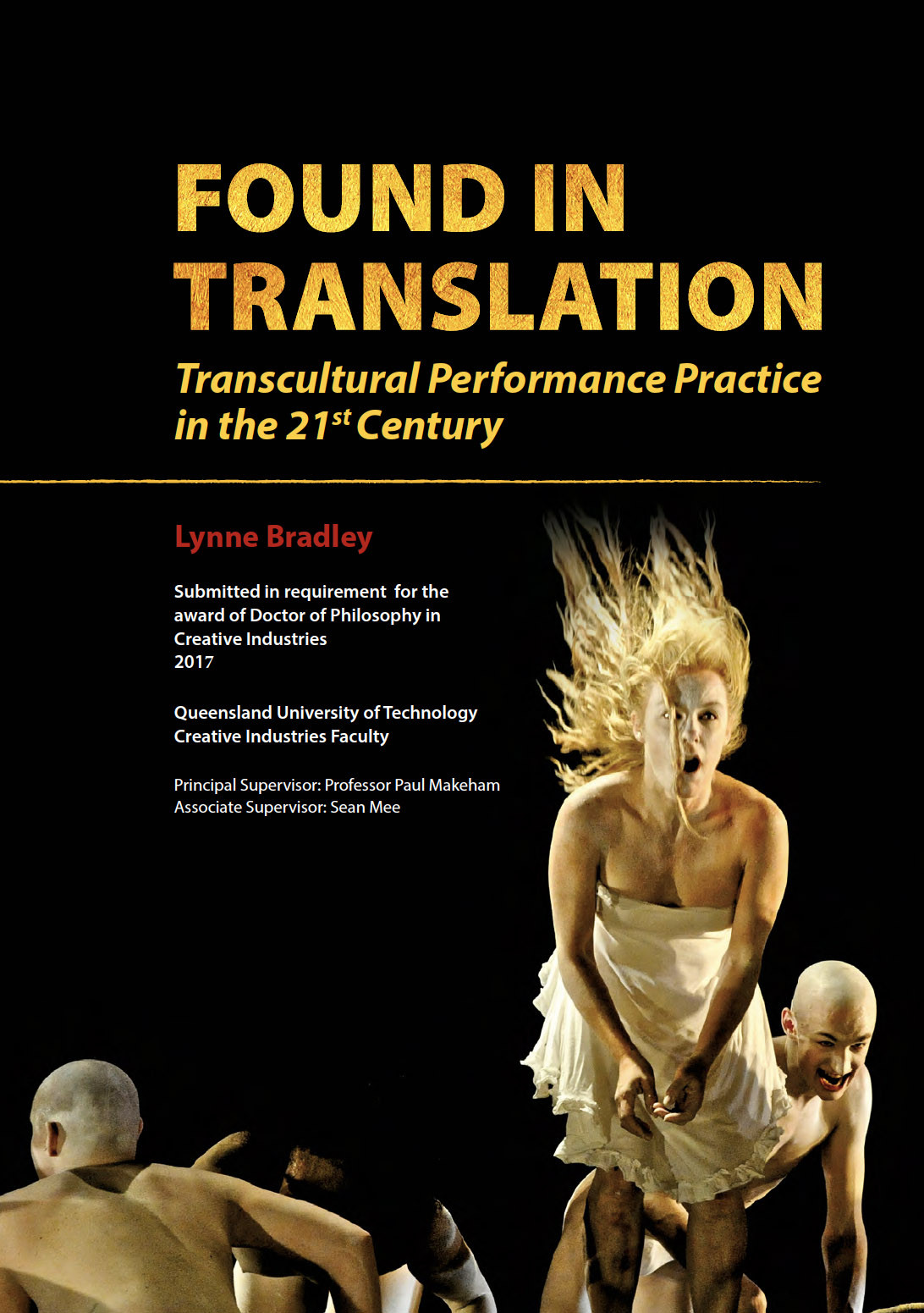

Most ebook files are in PDF format, so you can easily read them using various software such as Foxit Reader or directly on the Google Chrome browser.
Some ebook files are released by publishers in other formats such as .awz, .mobi, .epub, .fb2, etc. You may need to install specific software to read these formats on mobile/PC, such as Calibre.
Please read the tutorial at this link: https://ebookbell.com/faq
We offer FREE conversion to the popular formats you request; however, this may take some time. Therefore, right after payment, please email us, and we will try to provide the service as quickly as possible.
For some exceptional file formats or broken links (if any), please refrain from opening any disputes. Instead, email us first, and we will try to assist within a maximum of 6 hours.
EbookBell Team

4.1
40 reviewsABSTRACT
This practice‑led research PhD proposes the rubric of Cultural Translation as a useful
language and methodology for engaging with innovative transcultural performance
grounded in ethical practice. This investigation is situated in my work as a director
and actor‑trainer, and draws on the decade‑long collaboration between Australian
contemporary performance company Zen Zen Zo Physical Theatre1 and Japanese
Butoh2 company Dairakudakan (大 駱 駝 艦). My journey into the field of transcultural
training and performance originated during five years living, studying and performing
in Japan as an artist in my twenties. The enthusiasm I developed for both traditional and
contemporary Japanese culture during this period has led to a lifelong engagement
with Japan, its performing arts and a number of key artists and companies, most notably
Maro Akaji (麿 赤児) and Dairakudakan. Throughout my career as an actor‑trainer,
director and researcher I have pursued praxis which has tackled questions of Cultural
Translation; the ethics of cultural exchange and difference; and their relationship to
artistic innovation.
The research has been conducted through an iterative approach comprising three
creative practice cycles: 1. Butoh Training (Japan and Australia, 2014‑2015); 2. Creative
Development (Japan and Australia, 2015); and 3. Rehearsals and Performance Season of
In the Company of Shadows (Australia, 2016). The first two cycles functioned as a space
for creative experimentation, data collection, evaluation and reflection, leading into
the final performance presentation. This has been dovetailed with a theoretical inquiry
which has informed and been informed by the developing artistic work. The resultant
findings include a Cultural Translation of Maro’s Method of Butoh training and devising.
The study has drawn on theory surrounding Interculturalism, Cultural Translation and
Innovation Research in order to articulate principles and a pragmatic model for effective
transcultural performance praxis.
This doctoral project comprises two interlinked examinable outcomes; the production,
In the Company of Shadows (see video), and this written exegesis. Together these
represent the combined dimensions of critical and creative practice that constitute this
research project. The creative practice component is weighted at 40% and the exegesis
is weighted at 60%.